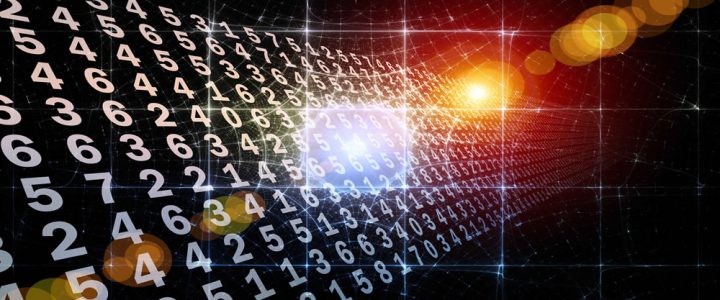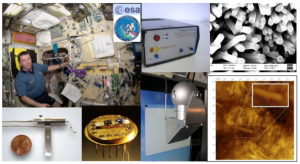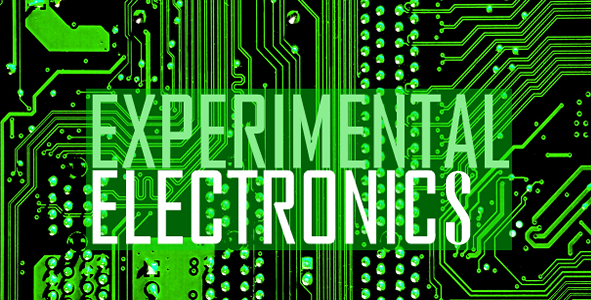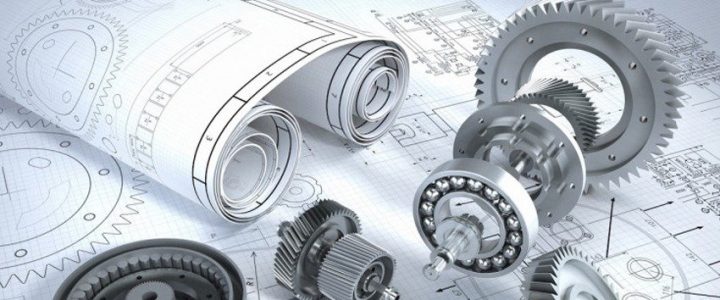| 3 YEAR | 2 semester | 6 CREDITS* – 9 CREDITS (22-23) |
| Prof. Marina Ruggieri | 2019-20 |
|
RUGGIERI MARINA (8cfu) Tommaso Rossi (1cfu) |
2020-21 and 2021-22 (6cfu) 2023-24 (9cfu) |
|
ruggieri@uniroma2.it Code: 8039514 from Internet Engineering |
Scheda di Insegnamento:
*the number of credits depends on your study plan. The Study plans A.Y. 22-23 changed in this way: DSP 9 CREDITS
OBJECTIVES
LEARNING OUTCOMES: The course aims at providing to the students the theoretical and practical tools for the development of design capabilities and implementation awareness of Digital Signal Processing (DSP) systems and applications.
KNOWLEDGE AND UNDERSTANDING: Students are envisaged to understand the DSP theoretical, design and algorithm elements and to be able to apply them in design exercises.
APPLYING KNOWLEDGE AND UNDERSTANDING: Students are envisaged to apply broadly and, if applicable, to personalize the design techniques and algorithm approaches taught during the lessons.
MAKING JUDGEMENTS: Students are envisaged to provide a reasoned description of the design and algorithm techniques and tools, with proper integrations and links.
COMMUNICATION SKILLS: Students are envisaged to describe analytically the theoretical elements and to provide a description of the design techniques and the algorithm steps, also providing eventual examples.
LEARNING SKILLS: Students are envisaged to deal with design tools and manuals. The correlation of topics is important, particularly when design trade-offs are concerned.
SYLLABUS
PART I – Discrete-time signals and systems; sampling process; Discrete-time Fourier transform (DTFT); Z-transform; Discrete Fourier Series (DFS).
PART II – Processing algorithms: introduction to processing; Discrete Fourier Transform (DFT); finite and long processing; DFT-based Processing; Fast Fourier Transform (FFT); processing with FFT.
PART III – Filter Design: introduction to digital filters: FIR and IIR classification; structures, design and implementation of IIR and FIR filters; analysis of finite word length effects; DSP system design and applications;
PART IV – Random sequences; processing of random sequences with digital filters; introduction to random sequence estimation; estimators of mean, variance and auto-covariance of random sequences with performance analysis; power spectrum estimation; periodogram and performance analysis; smoothed estimators of the power spectrum and performance analysis; use of FFT in power spectrum estimation.

 UNIVERSITA' DEGLI STUDI ROMA "TOR VERGATA"
UNIVERSITA' DEGLI STUDI ROMA "TOR VERGATA"



